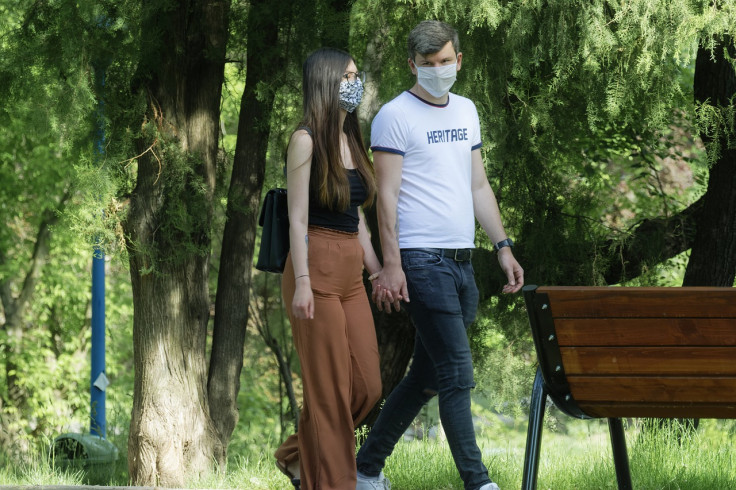Coronavirus suppresses pain in early stages; people spread virus without knowing it
The SARS-CoV-2 virus may relieve pain, giving a possible explanation of why almost half of the people who get infected experience a few or no symptoms at all.
People who do not feel pain are often misled that they do not have any illness, so they would often go about their usual routines because they do not feel anything. This is the premise of a recent research which presupposes that COVID-19 inadvertently acts as a pain reliever in the early stages, offering a possible explanation to the relentless spread of the disease.
A study published in the journal Pain titled, "SARS-CoV-2 Spike protein co-opts VEGF-A/Neuropilin-1 receptor signalling to induce analgesia," showed that the SARS-CoV-2 virus, which is the virus causing COV-19, has the ability to relieve pain. This finding may explain why almost half of the people who get infected with COVID-19 experience only a few symptoms or no symptoms at all. However, the lack of symptoms does not make them less contagious because they can still spread the virus.
Researchers from the University of Arizona Health Sciences noted that the virus infects the cells of the host through protein receptors that can be found on the cell membranes. Early on, scientists have already established that the spike protein of SARS-CoV-2 uses the angiotensin-converting enzyme 2 (ACE2) receptor to penetrate the body. However, the scientists noted that a paper surfaced in June, which stated that the SARS-CoV-2 has a second receptor, neuropilin-1.
Dr Rajesh Khanna, a professor in Tucson's Department of Pharmacology at the University of Arizona College of Medicine, stated that they have been studying protein and pathways that relate to how the body processes pain, which was downstream of neuropilin.
The researchers found that the SARS-CoV-2 spike protein binds to neuropilin in the same location where the protein vascular endothelial growth factor-A (VEGF-A) binds. When the VEGF-A binds to neuropilin, it then results in pain.
Seeing this, the scientists tested their hypothesis that the SARS-CoV-2 spike protein also acts on the pain pathway. Using rodents as their models, they found that the SARS- CoV-2 virus reversed the VEGF-induced pain signalling. Khanna also revealed that the doses of spike they used were negligible because it completely reversed pain.
Dr Michael Dake, University of Arizona Health Sciences Senior Vice President, said that the research raises the possibility that an early symptom of COVID-19 may be painful, but it might be reduced by the spike protein SARS-CoV-2 as it silences the pain signalling pathways of the body.
© Copyright IBTimes 2025. All rights reserved.






















